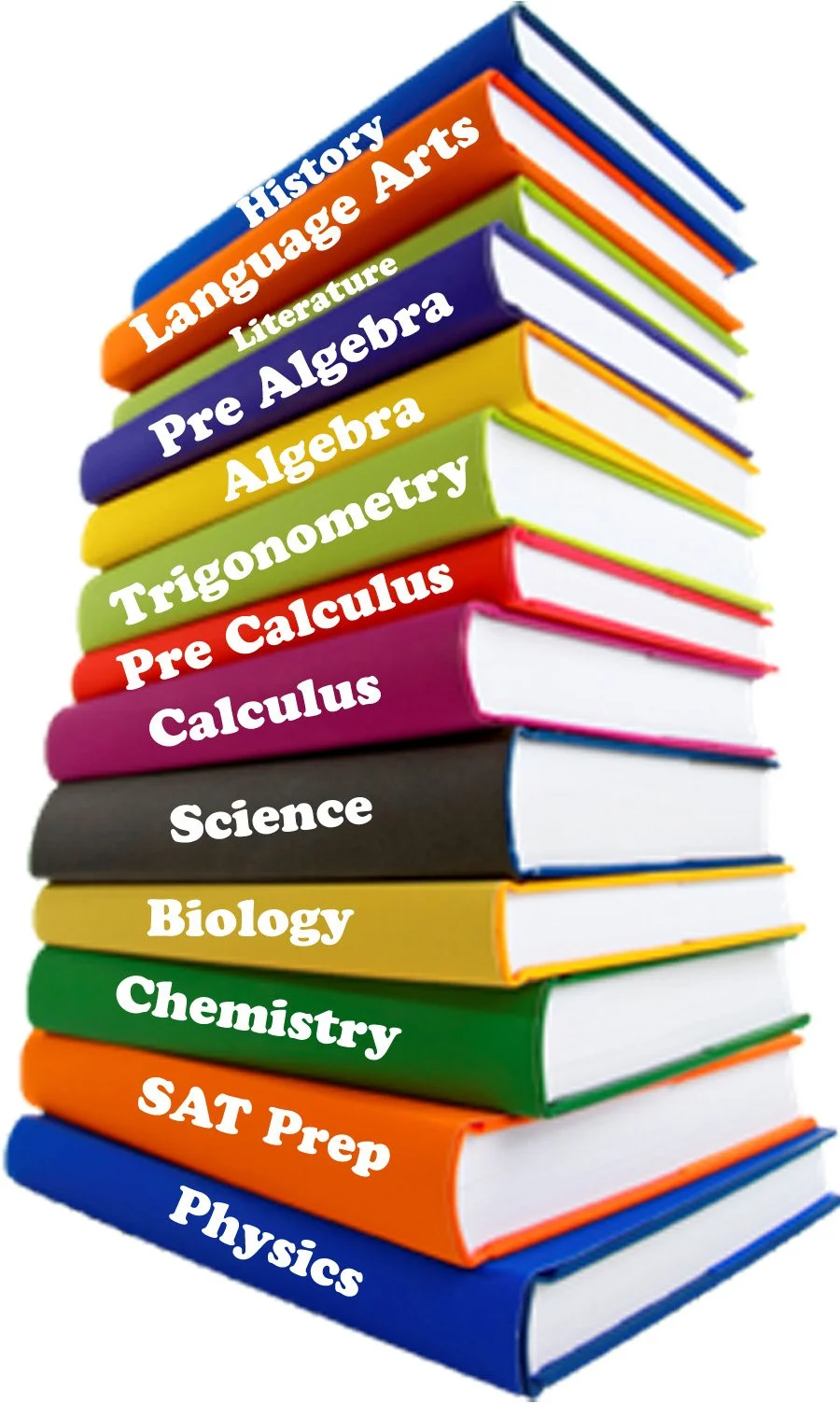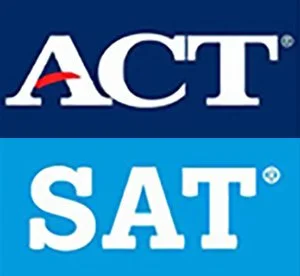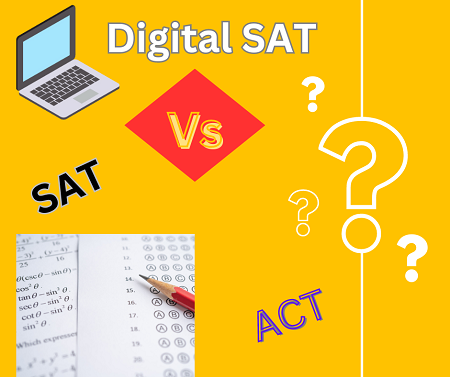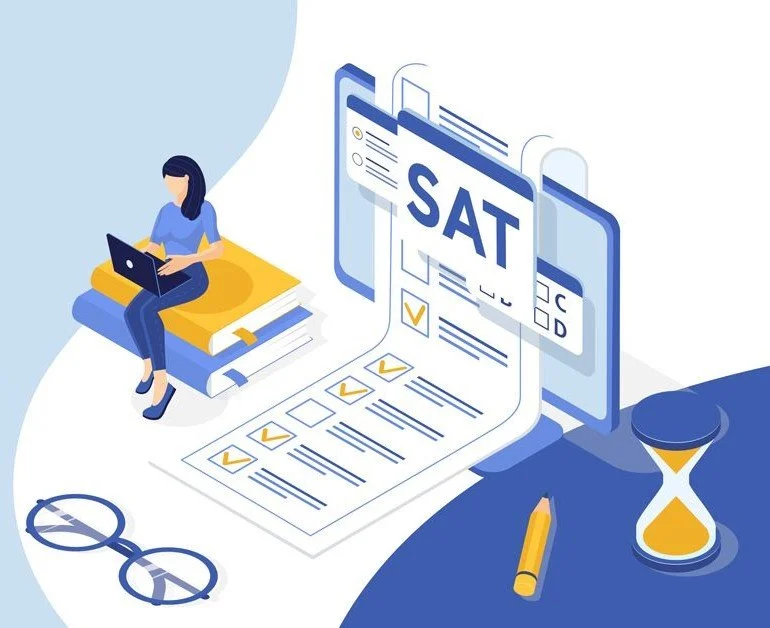Advanced Placement (AP) courses are rigorous academic courses offered to high school students which are designed to prepare students for college-level coursework, and successful completion of an AP course may result in earning college credit or advanced standing at participating colleges and universities. After completing the AP exam at the end of the course, students receive a score ranging from 1 to 5. A score of 3 or higher is generally considered a passing score, and many colleges and universities grant credit for scores of 4 or 5.
If you have recently received your AP scores, you may be wondering what to do with them. Here are some things to consider:
Determine your college goals.
If you are planning to attend college, it's important to consider your college goals when deciding what to do with your AP scores. Are you hoping to attend a highly selective college or university? Do you have a particular college or university in mind? Different colleges and universities have different policies regarding AP credit, so it's important to research the policies of the schools you are interested in attending. Some schools may require a minimum score of 4 or 5 to grant credit, while others may only grant credit for certain AP courses. Additionally, some schools may only grant credit for AP scores earned during your senior year of high school.
Research the AP policies of colleges and universities.
Once you have determined your college goals, it's important to research the AP policies of the colleges and universities you are interested in attending. Many schools publish their AP policies on their websites, and some schools may also provide this information to prospective students during campus visits or information sessions. It's important to note that AP policies can change from year to year, so it's a good idea to check for updates regularly.
Consider the potential benefits of AP credit.
Earning college credit through AP exams can have several benefits. First, it can allow you to graduate from college early or to take fewer classes each semester, which can reduce the overall cost of college. Additionally, it can allow you to take more advanced courses in your major or to pursue a second major or minor. Finally, earning AP credit can demonstrate to college admissions officers that you are capable of handling college-level coursework.
Consider the potential drawbacks of AP credit.
While earning college credit through AP exams can be beneficial, there are also potential drawbacks to consider. First, not all colleges and universities grant credit for AP scores, so it's important to research the policies of the schools you are interested in attending. Additionally, some schools may only grant credit for certain AP courses or may require a minimum score of 4 or 5. Finally, earning AP credit may not necessarily mean that you are fully prepared for college-level coursework in that subject area, so it's important to continue to study and to seek out additional resources if necessary.
Decide whether to send your AP scores to colleges and universities.
After considering your college goals, researching AP policies, and weighing the potential benefits and drawbacks of AP credit, you can decide whether to send your AP scores to colleges and universities. The College Board, which administers the AP exams, allows students to send their scores to up to four colleges or universities for free. After that, there is a fee for each additional score report. If you are unsure about whether to send your scores, you can wait until you have been accepted to a college or university and then decide whether to send your scores at that time.
Determine whether to retake the exam.
If you did not receive a passing score on the AP exam, you may be wondering whether to retake the exam. The College Board allows students to retake exams in future years, and some schools may allow students to retake the exam during the same year. Before deciding whether to retake the exam, it's important to consider whether you have the time and resources to prepare for the exam again. Additionally, you may want to consider whether the college or university you are interested in attending grants credit for AP scores earned during a retake.
Seek advice from your high school guidance counselor.
Your high school guidance counselor can be a valuable resource when it comes to deciding what to do with your AP scores. Counselors can provide information about college and university AP policies, as well as offer guidance on how to interpret your scores and how to prepare for retakes if necessary. Additionally, your guidance counselor may be able to provide recommendations for additional resources or support if you are struggling with a particular subject area.
In conclusion, deciding what to do with your AP scores requires careful consideration of your college goals, research into college and university AP policies, and weighing the potential benefits and drawbacks of AP credit. Whether you decide to send your scores to colleges and universities, retake the exam, or seek advice from your high school guidance counselor, it's important to remember that your AP scores are just one factor in the college admissions process and do not define your academic potential or success. With the right resources and support, you can continue to pursue your academic goals and succeed in college and beyond.




















